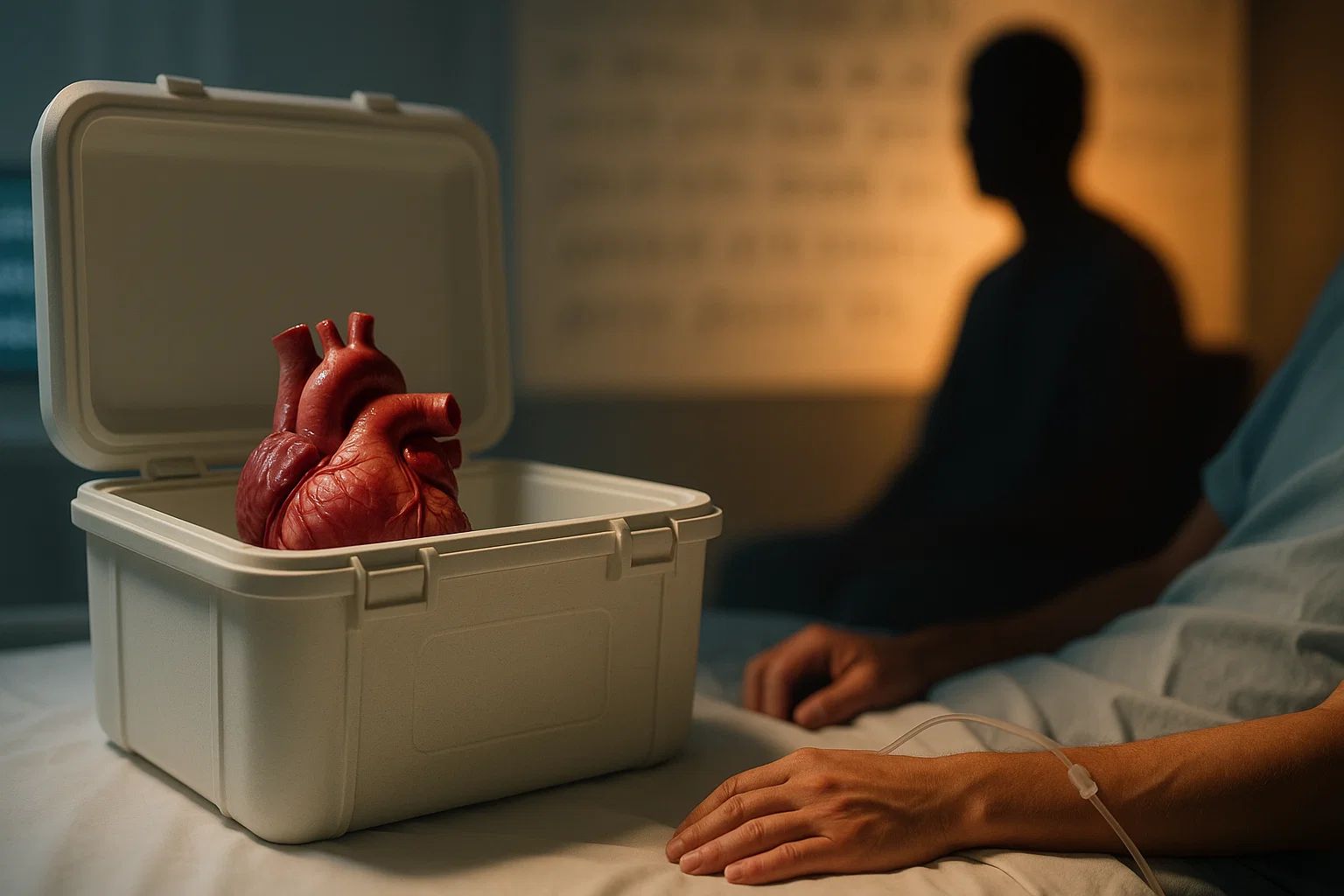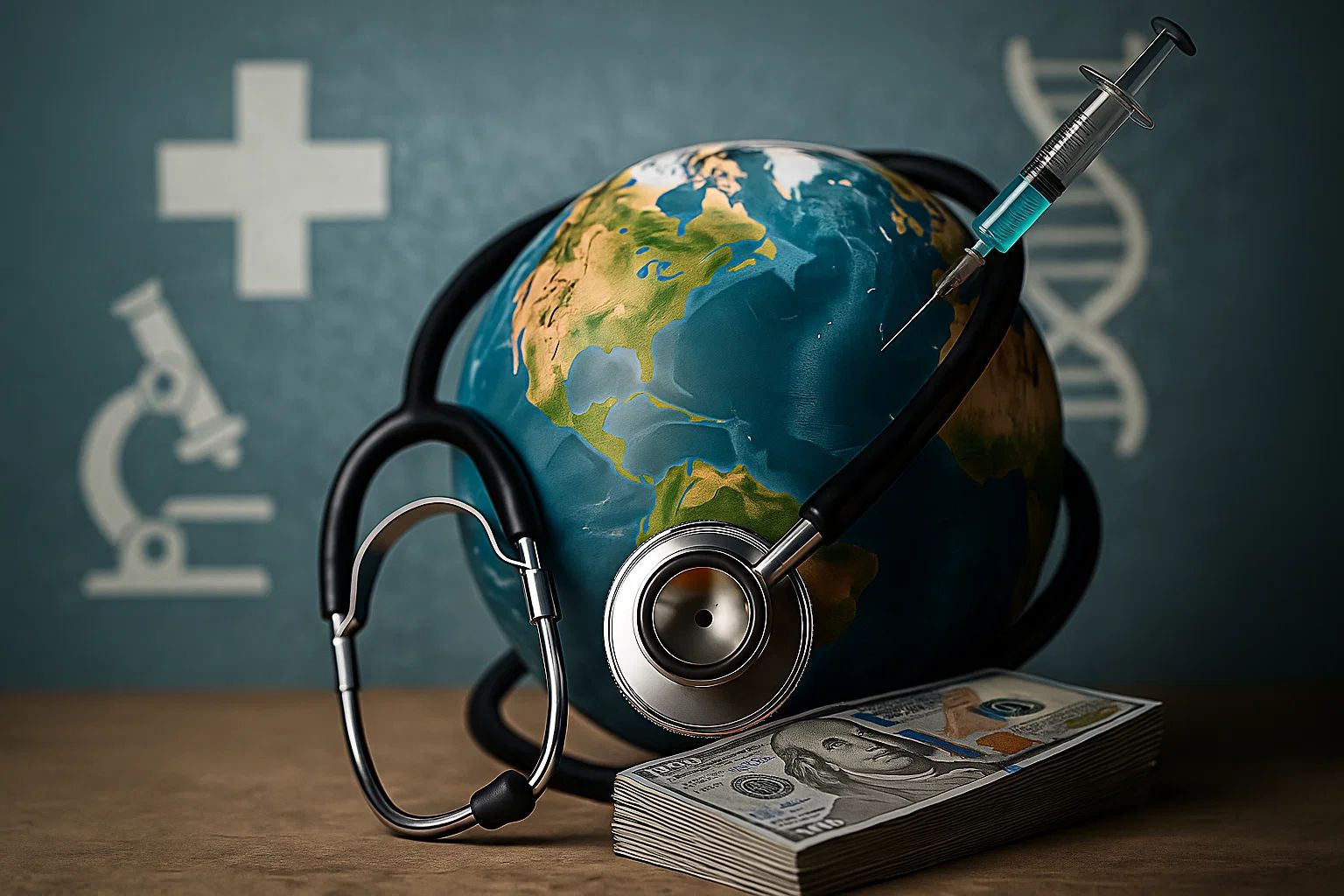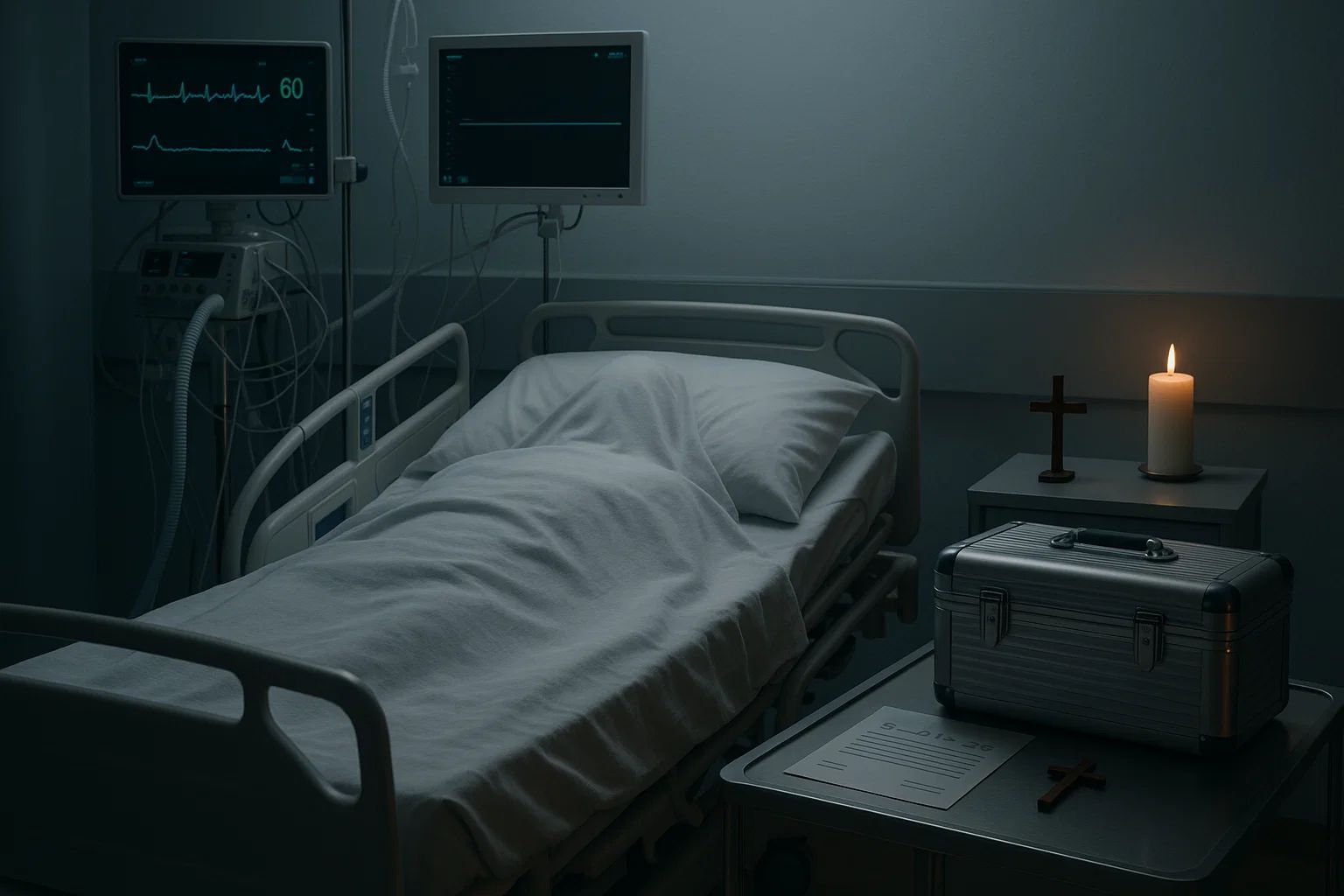Harvesting organs from those in a state of so-called brain death has long sparked some of the hottest ethical debates. Doctors emphasize that this is the best moment for transplantation – the organs are still oxygenated and suitable for saving other patients’ lives. However, critics ask whether brain death is truly the death of a person, since the heart is beating and the body responds to stimuli. For part of society, it is a clear abuse – taking organs from people who still appear alive. Conspiracy theories go further, suggesting that the brain death criterion was created precisely to expand the “organ bank.” Does saving others’ lives justify such practices, or is this a boundary that must not be crossed?
Category: Science
The “Science” category features polls focused on scientific research, technological development and their societal consequences. Topics include discoveries, medicine, artificial intelligence, innovation, science funding and the role of experts in public discourse. The surveys reflect how users assess scientific credibility and the pace of progress.
-
Organ transplants and cellular memory

-
Wealth and prosperity vs fertility – a natural correlation or the result of manipulation?

-
Veganism and crude oil

-
Rockefellers and Gates – philanthropy for the good of humanity or a hidden health agenda?

-
Ban on phones in schools – protection of students or an exaggeration?



















